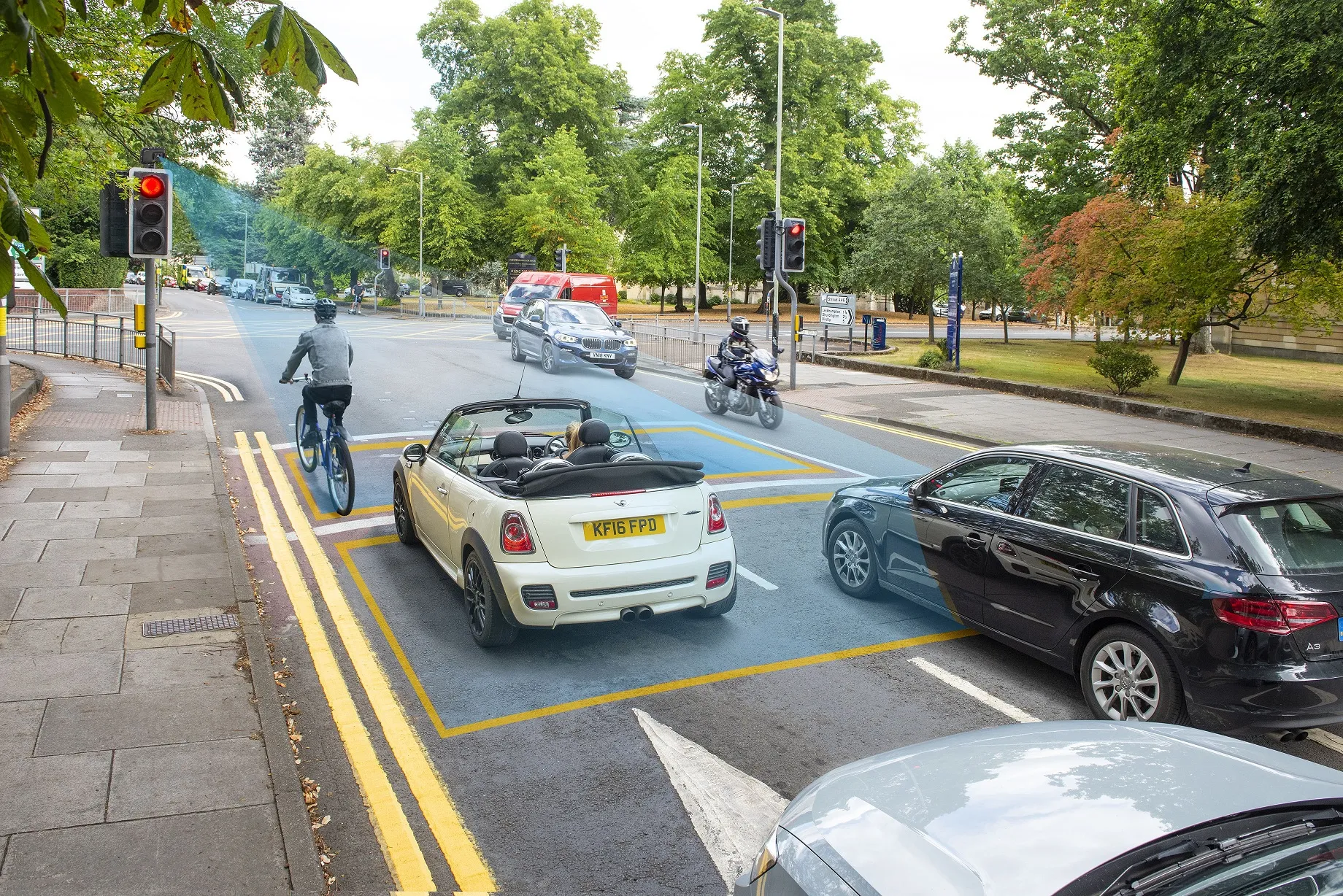Econolite and Image Sensing Systems have unveiled Autoscope Duo, a first in a new generation of hybrid sensor technologies. The device converges the robust capabilities of radar and video and uses intelligent decision logic to monitor the current operating conditions and to combine the best of radar with the best of video data, continuously, lane-by-lane and second-by-second. According to the partners, these two sensor technologies lead to signi cant performance improvements and provide the highest accurac
May 2, 2012
Read time: 2 mins

Autoscope Duo has been field-tested for nearly a year and the partners say it has proven to be a superior alternative to in-ground detection systems. Integrating radar and video detection algorithms expands the benefits of non-intrusive detection, and ensures years of low maintenance when compared to the expense of installing and maintaining inductive loop detectors. Autoscope Duo also represents a gateway to employing new ITS programmes.










